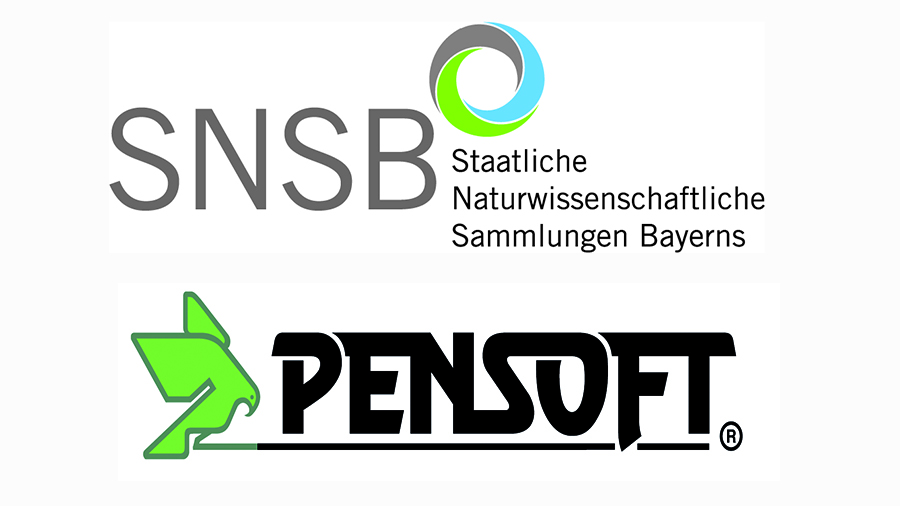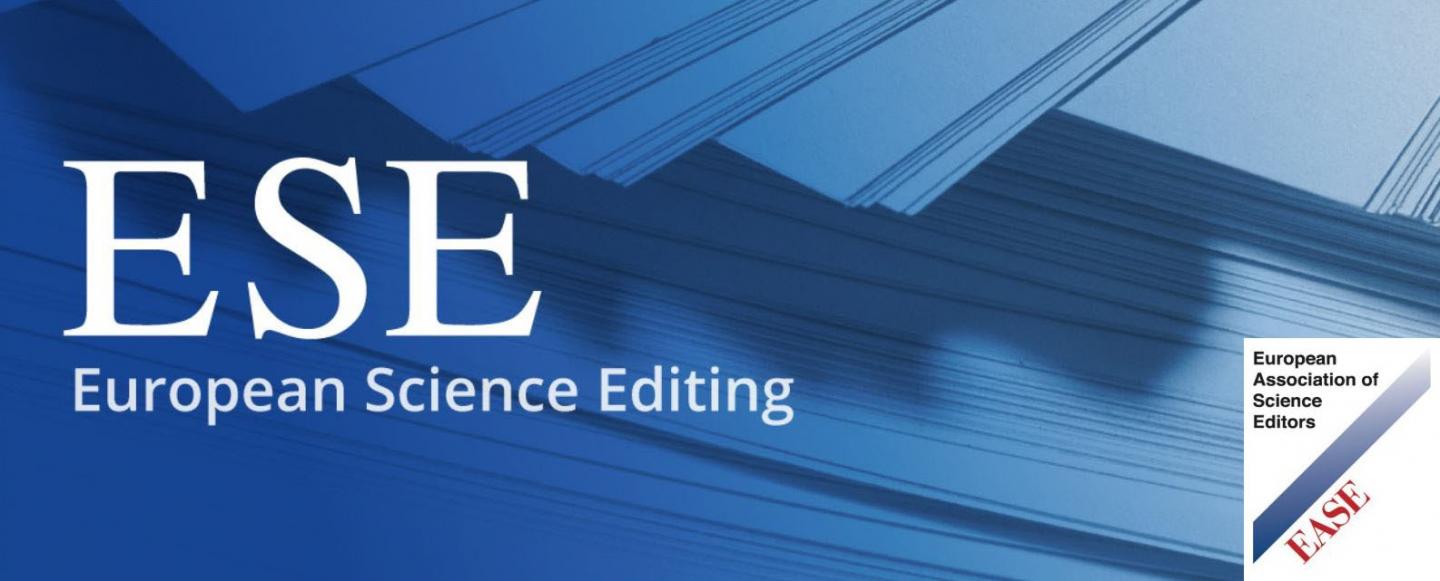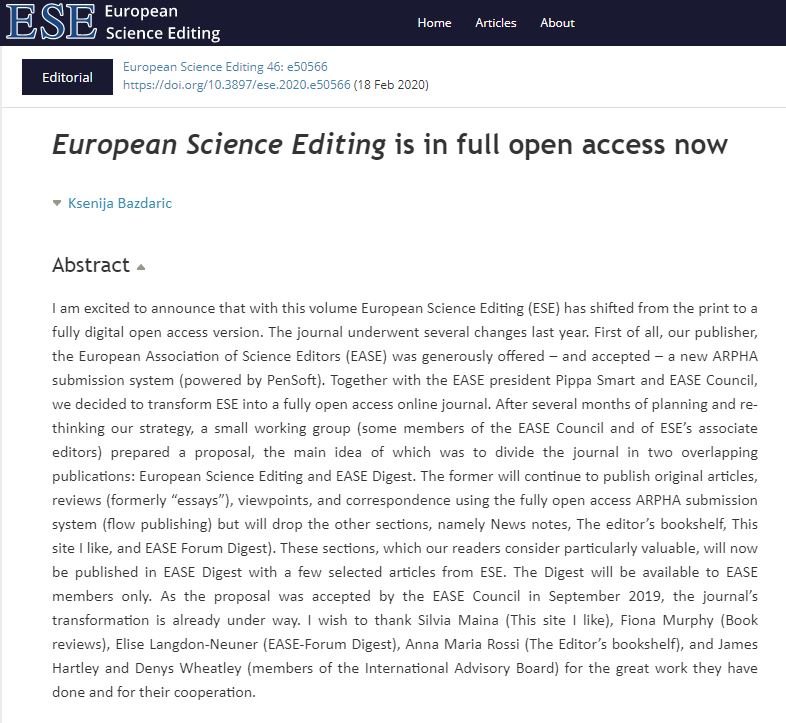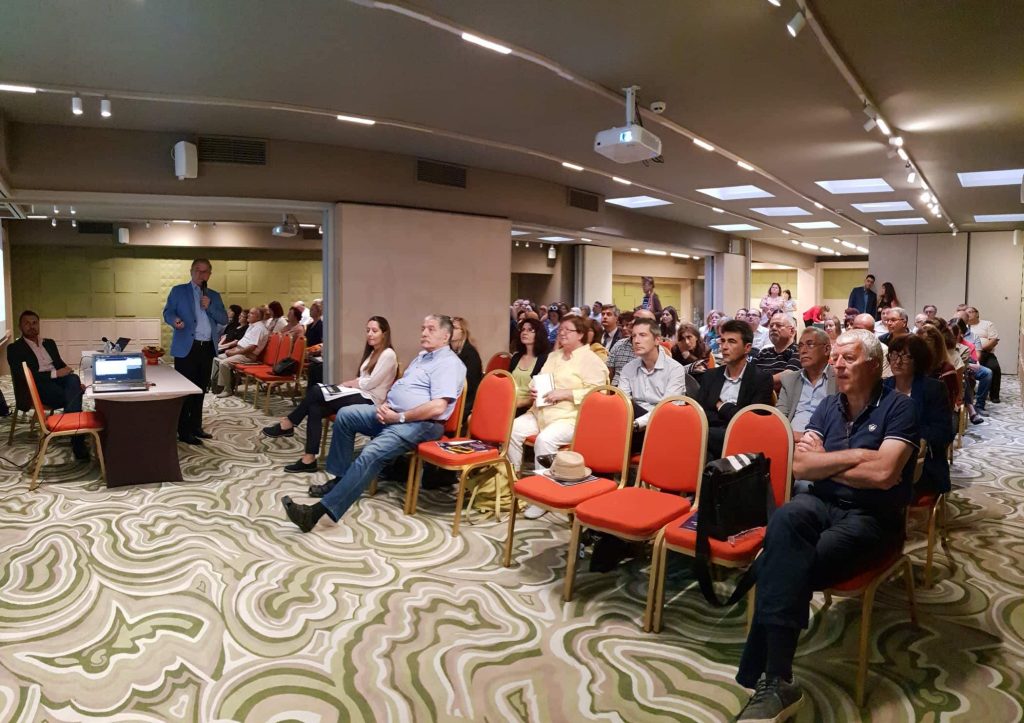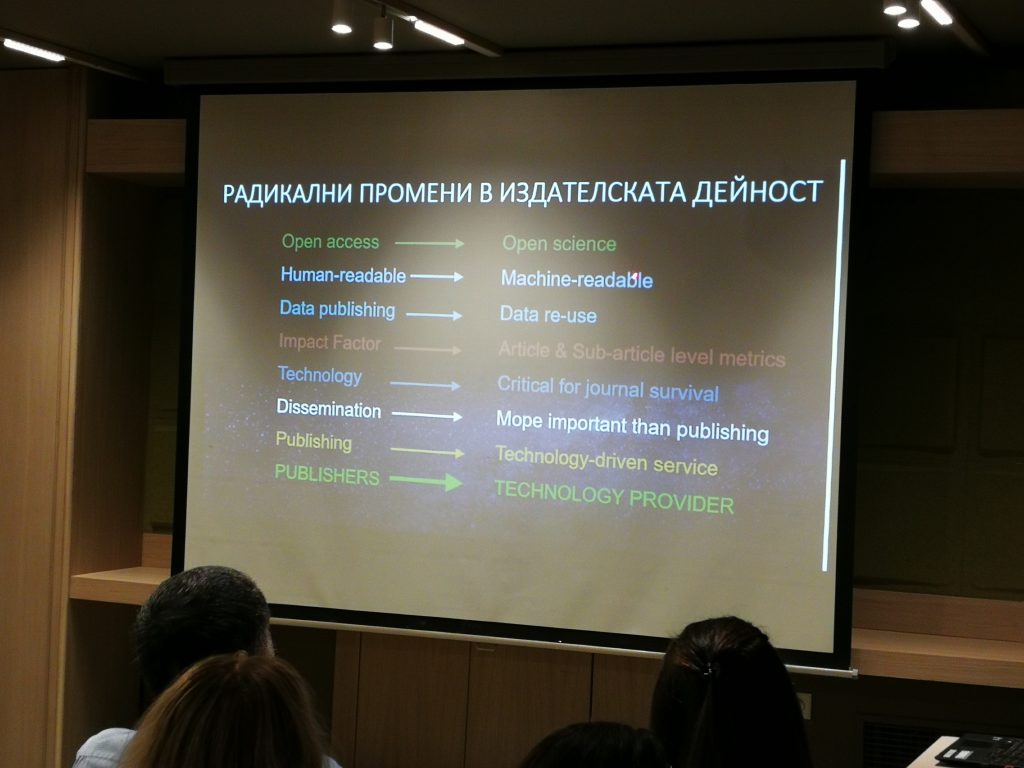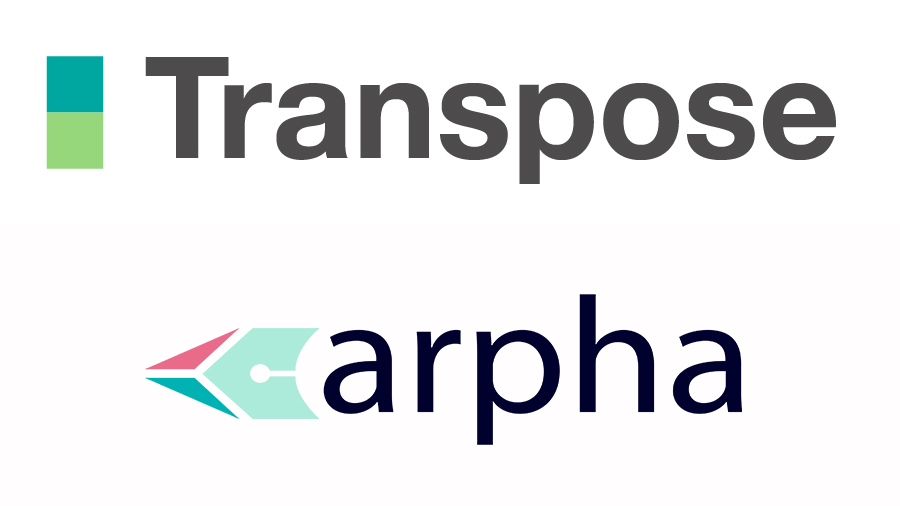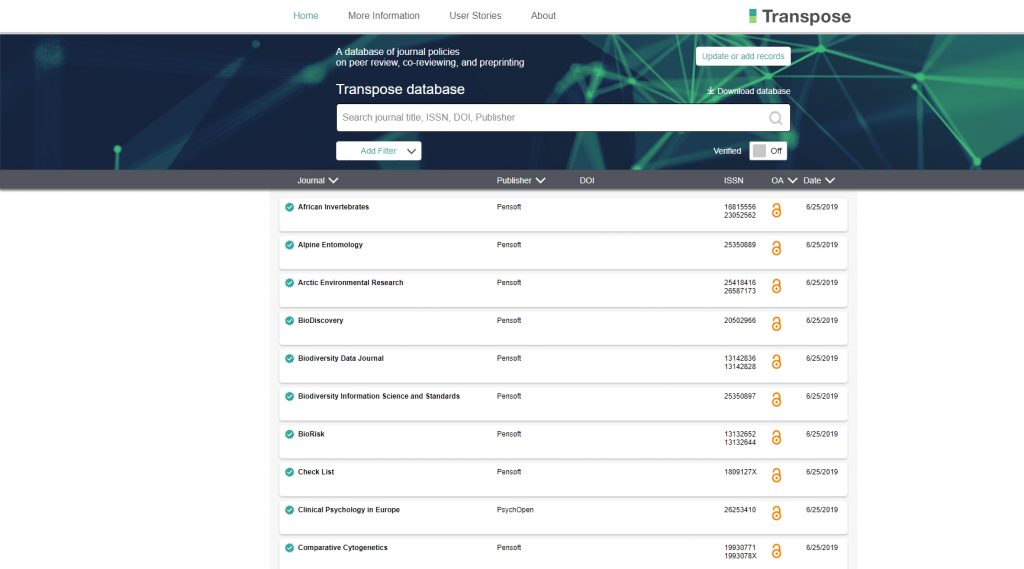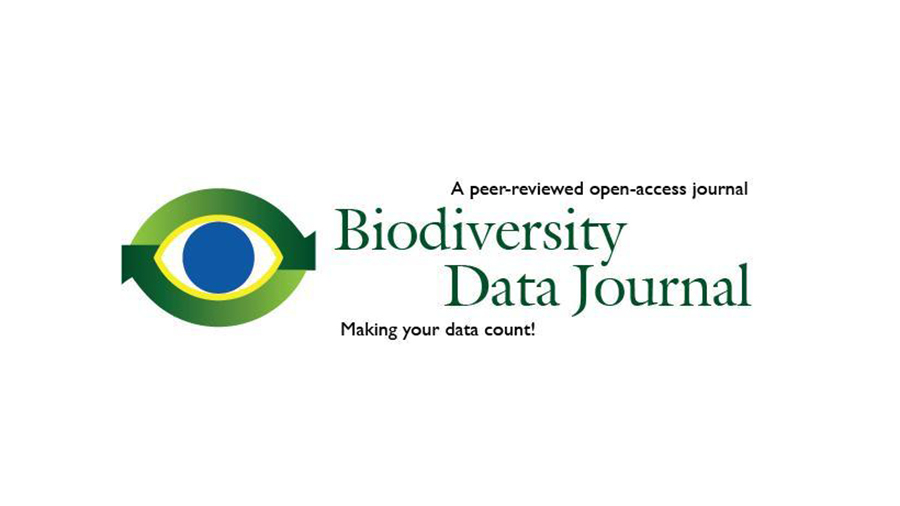Recently, at Pensoft, we were delighted to report the positive trends and progress the majority of our journals demonstrated in terms of their citability for 2019. Moreover, this comes as an encouraging pattern where the results have been following the positive progression we’ve been enjoying in recent years.
Below you can learn about our latest features that address the availability of transparent and dynamic information about the journal’s performance from various perspectives: from authorship and readership to trends in peer review time, and user activity.
Even more statistics to provide key insights into the journal’s performance
Our system already provides plenty of statistics, in order to inform the editors about:
- manuscript submissions at any moment and their status;
- publications and submissions for any period of interest;
- publications by article type for a period of choice;
- international representation based on lead author’s country for a period of choice;
- article views for a period of choice.

Now, in the Statistics tab, the editors can find even more data, including the average time the manuscripts submitted over a defined period have spent at each stage (e.g. reviewer or editorial decision). Also, the editors have access to a record of all online mentions from across the Internet (data available from our partners at Altmetric), including traditional and new media, blogs, Wikipedia, policy documents and many others.
See how to access all available statistics on an ARPHA-host journal here.
… all of this brought straight to your inbox with our:
Biannual journal performance report
For further convenience for our managing editors, we will be emailing a journal performance report twice a year, starting in July 2020. In this report, the editors will be receiving graphics on the journal’s performance for the current year and how the results fare against the previous one. The statistics provided include:
- current submissions and their status;
- submissions, publications and rejections by quarter;
- acceptance rate;
- turnaround time at different processing stages;
- average review invitations, declines and review rounds per article;
- top 10 countries represented by lead authors;
- article views by format (PDF, HTML and XML) and in total;
- number of online article mentions (data available from Altmetric);
- Journal Impact Factor and CiteScore trends over the last five years.
Extended annual journal performance report
An extended annual report will be emailed to those who have opted for the ARPHA’s Standard and Premium package of reporting services. There, the editors will also have access to further and more exhaustive insights into the citability, outreach, readership and scholarly impact of their journals and their content. For journals that benefit from the Premium package of reporting services, we will be providing reviews and analyses meant to support the future strategy and progress of their journal.
*See all Journal performance reporting services provided by ARPHA Platform.
Statistics on reviewers’ and editors’ workload and activities
We know that it is the exception rather than the rule that a subject editor is certain about whom out of the lists of names in the system’s database will be most likely to provide a peer review at his request, especially when the task is due time. This is why before the editor selects a particular reviewer, he/she will be able to see the number of tasks (if any) the user is currently working on, in order to find out their current availability. In addition, the subject editor will be able to see how many reviews the user has provided so far, as well as how many times he/she has been invited to do so in the past.
Likewise, the same functionality is available for managing editors when they look to assign a manuscript to a subject editor.
Review ratings
To further assist subject editors in their choice of appropriate reviewer, and also motivate reviewers, we have also implemented a 5-star rating system, where upon editorial decision on the acceptance/rejection of a manuscript, a subject editor is able to rate each of the provided reviews. The average result for a particular user will be visible in the system for the next subject editor who considers to assign him/her as a reviewer.
See how to rate a review here.
Keeping user expertise up to date
It’s fully understandable that users seldom think of the personal information visible on their accounts once they’ve completed their registration, as they don’t normally need to go back to it afterwards. However, their expertise details determine whether their name will show up in the lists of suggested reviewers and/or subject editors whenever an editor considers an assignment to the manuscript he/she is managing.
Here’s why we’ve introduced a regular reminder for users to review and, where necessary, update their expertise on their ARPHA account. This system message will come up once a year upon login and will straight away offer users a text box, where they can update their saved expertise. By means of free text, they will also be able to narrow it down even further.
As a result, not only are users not going to be bothered by irrelevant invitations – such as those received on the basis of their saved expertise being too broad, thereby saving time to the editorial team, but will also ensure that manuscripts will be indeed handed into the right hands for the sake of quality science.
Subscribe to our blog’s newsletter and follow us on Twitter (@ARPHAPlatform and @Pensoft) to keep yourself posted about the next features and updates coming to ARPHA!



